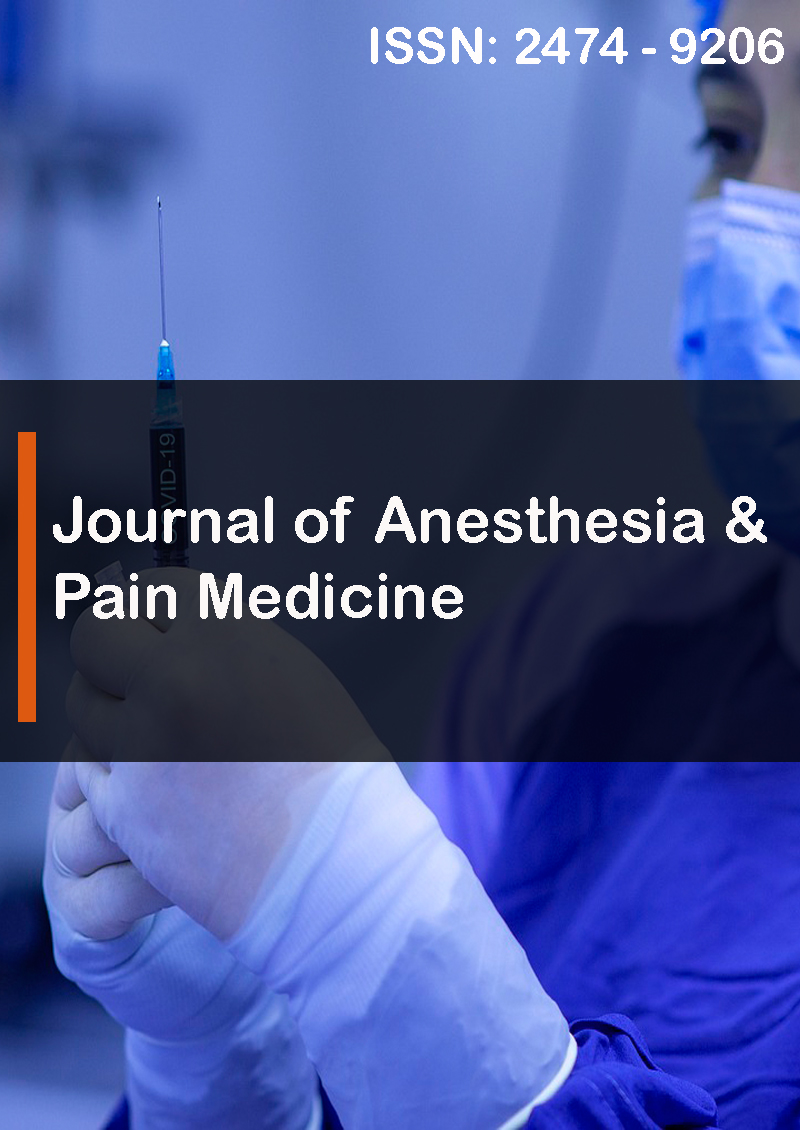Musculoskeletal Chest Pain and Acute Myocardial Infarction with Psychological Stress Overlapping Using of Multiple Oral NSAIDs and Possible Coronary Spasm-Interpretation and Outcome
Abstract
Yasser Mohammed Hassanain Elsayed
Rationale: The musculoskeletal chest pain may be angina or a heart attack. Acute myocardial infarction is a serious cardiovascular disease. Psychosocial stress may be a risk factor for the acute coronary syndrome. Drug adverse effects may be critical and fatal. Oral non-steroidal anti-inflammatory drug use is associated with an increased risk of acute myocardial infarction. Coronary artery spasm is a cardiovascular disorder that has a remarkable role in the pathogenesis of stable angina, unstable angina, myocardial infarction, and sudden cardiac death.
Patient concerns: An elderly male farmer patient presented to the emergency department with acute severe agoniz- ing chest wall and epigastric pain with psychological stress post-ingested combination of intermittent irregular oral diclofenac, ibuprofen, and celecoxib tablets.
Diagnosis: Acute inferior and possible associated posterior myocardial infarction post psychological stress overlap- ping using of multiple NSAIDs with probable coronary spasm.
Interventions: Electrocardiography, streptokinase infusion, cardiac enzymes, and later echocardiography.
Outcomes: clinical and electrocardiographic dramatic response to streptokinase infusion.
Lessons: Understanding drug pharmacokinetics and pharmacodynamics is a pivotal step for all clinicians. Oral non-steroidal anti-inflammatory drugs and psychosocial stress should be considered in dealing with all diseases. A dramatic response for thrombolytic therapy in the presence of both inferior ST-segment elevation and posterior myocardial infarction affection carries a good prognosis. Coronary artery spasms may be interpretative suggested mechanisms in inducing acute myocardial infarction.



